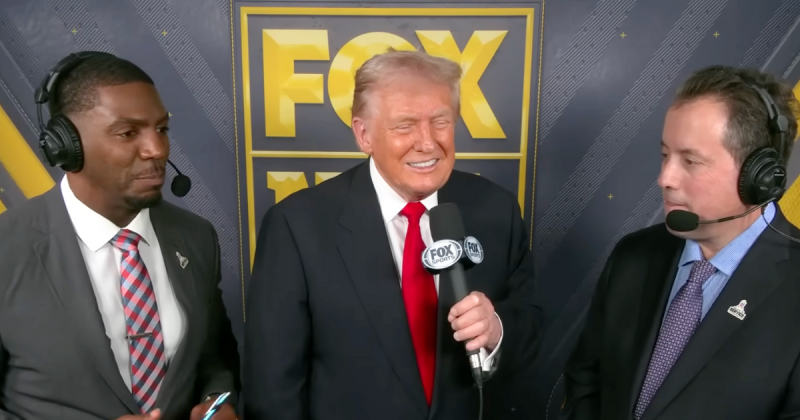President Donald Trump issued fresh pardons Friday for two Jan. 6 defendants facing additional charges, including Suzanne Kaye, who had been sentenced to 18 months in prison for threatening FBI agents in social media posts.
Kaye, already a Jan. 6 defendant, had posted videos on Jan. 31, 2021—one day before she was set to meet with FBI agents regarding a tip that she was at the Capitol during the riot—threatening to “shoot” agents if they came to her Florida home.
The FBI discovered the posts on Feb. 8, 2021, and arrested Kaye on February 17.
A White House official told Fox News Digital that Kaye suffers from stress-induced seizures, noting she experienced one while the jury read its verdict in 2023.
Officials characterized the case as an example of disfavored political speech, which they argue is protected under the First Amendment, as Fox News reported.
U.S. Special Attorney Ed Martin praised Trump’s action on X, saying, “The Biden DOJ targeted Suzanne Kaye for social media posts — and she was sentenced to 18 months in federal lock up. President Trump is unwinding the damage done by Biden’s DOJ weaponization, so the healing can begin.”
Trump also issued an additional pardon to Jan. 6 defendant Daniel Wilson, who remained in prison despite being included in the sweeping Jan. 20, 2025, pardon for Jan. 6-related charges.
Wilson, who pleaded guilty to firearms charges after weapons were found in his home during a Capitol protest–related search, had initially faced a five-year prison sentence.
A White House official said the president’s new pardon was necessary to address those charges.
Wilson had previously been identified as a member of the Oath Keepers and the Gray Ghost Partisan Rangers militia. His attorneys, George Pallas and Carol Stewart, celebrated the pardon, telling Politico, “Dan Wilson is a good man.
After more than 7 months of unjustified imprisonment, he is relieved to be home with his loved ones. This act of mercy not only restores his freedom but also shines a light on the overreach that has divided this nation.”
Legal challenges had complicated Wilson’s case. U.S. District Judge Dabney Friedrich, a Trump appointee, rejected the expanded interpretation of Trump’s original pardon, arguing it stretched the order too far.
Friedrich wrote that the term “related to” in the original pardon should reflect a specific factual connection between an offense and the events at the Capitol on Jan. 6, 2021. An appeals court upheld her decision, keeping Wilson incarcerated during the appeal process until the new pardon was issued.
Trump’s latest pardons mark another effort to undo Biden-era prosecutions tied to Jan. 6. Kaye’s and Wilson’s cases illustrate the administration’s stance that some charges, particularly those linked to political speech or tangentially connected to the Capitol protests, represent overreach by federal authorities.
Supporters of the pardons have framed them as acts of justice and mercy, highlighting what they see as selective targeting by the Department of Justice and an overextension of prosecutorial power.

